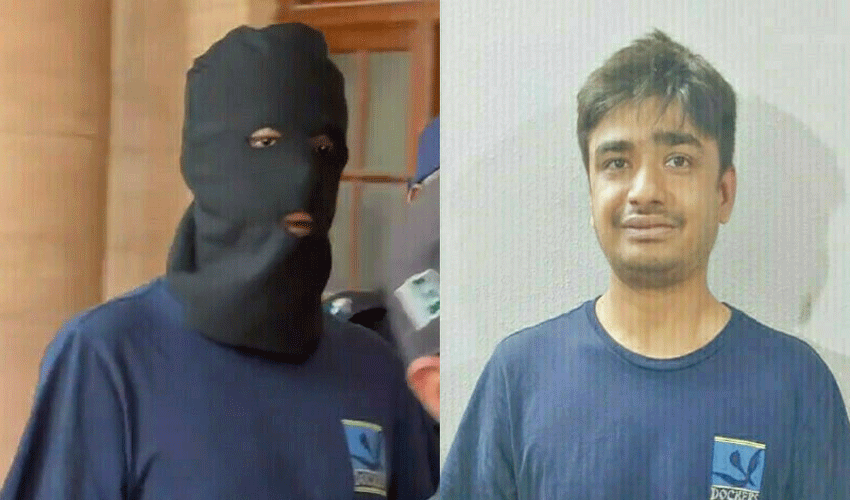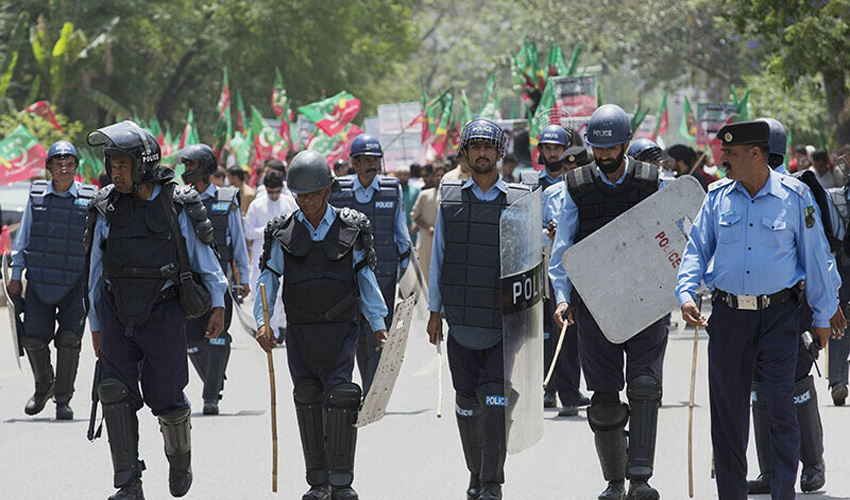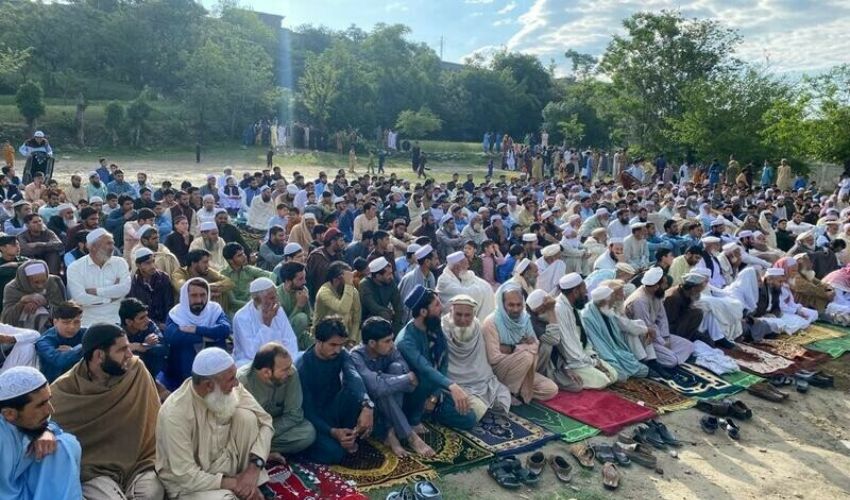An anti-terrorism court (ATC) on Thursday extended the physical remand of Mustafa Amir murder case accused, Armaghan Qureshi and Shiraz, for five days while ordering their medical examination.
The court rejected Armaghan’s claim that police had denied him access to a washroom for ten days, remarking, “If that were the case, you would not be standing here.”
During the hearing, the court permitted the accused to meet their family and lawyers in the presence of police and court officials. The accused’s legal representatives, including Abid Zaman, Tahir-ul-Rehman, and Barrister Sara Asim, submitted their power of attorney.
Armaghan pleaded before the court, claiming he was being tortured in police custody and requested not to be handed over for further interrogation.
The prosecution, however, insisted that further remand was necessary as the police had traced a girl named Zuma, whose statement and DNA analysis were pending.
The defence lawyer contended that while Shiraz’s legal counsel was denied access to his client, YouTubers were being allowed to interview him. He further urged the court to examine the record of a 15-minute police encounter, during which, he claimed, the accused had contacted the police emergency helpline.
Case background
Mustafa Amir, a resident of Defence, was reported missing on January 6. His mother filed a missing person’s report the following day. On January 25, she received a ransom call from an American number demanding Rs 20 million, leading authorities to add kidnapping-for-ransom charges to the case.
Acting on intelligence, the Anti-Violent Crime Cell (AVCC) raided Armaghan’s residence in Defence on February 9. The accused allegedly resisted arrest, opening fire on law enforcement officials. DSP AVCC Ahsan Zulfiqar and a constable sustained injuries before the police managed to subdue and arrest him.
During interrogation, Armaghan initially confessed to murdering Mustafa and disposing of the body in Malir. However, he later retracted his statement. Subsequent investigations, aided by the Citizens Police Liaison Committee (CPLC) and federal agencies, led to the arrest of his associate, Shiraz. The latter admitted that Armaghan had tortured and murdered Mustafa in his house on January 6. The body was later transported to Hub, Balochistan, where it was set on fire.
Following Shiraz’s confession, police recovered Mustafa’s burnt vehicle from Hub. The charred remains, previously retrieved by local authorities and buried by a welfare organization, were identified through DNA testing.
Meanwhile, investigators continue efforts to recover Mustafa’s mobile phone, determine further details about the alleged involvement of a 12-year-old girl, and locate the murder weapon. The police have also sought court permission for the exhumation of Mustafa’s body to conduct a post-mortem examination.



























